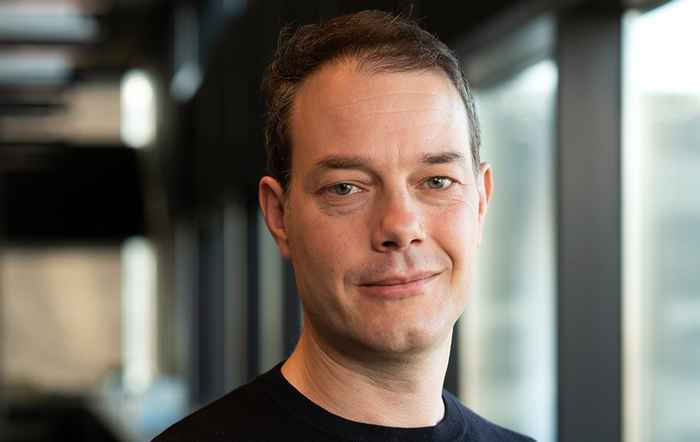Quantum computers versus (human) law
PhD Defence Ot van Daalen
27 September 2022

It is in the news every day these days: data breaches, hostage software and other attacks on computers, and how security experts try to prevent them. Especially the developments surrounding quantum computers worry PhD student in Information Law Ot van Daalen
'Quantum computers cannot do much, but what they can do, they can theoretically do better than ordinary computers. Think of developing better fertilisers and more targeted drugs. But they can also crack a widely used form of encryption, asymmetric encryption. In theory, because such a computer does not yet exist: current quantum computers are nowhere near powerful enough to crack encryption. However, experts expect such a computer to be built in the next 15 years. '
Human rights
Ot van Daalen examined what governments should do in the field of information security to protect human rights. Information security is a constant arms race between taking measures and breaking them. The tension between quantum computers and encryption is a key example. Van Daalen tests government policy in this area on three human rights: privacy, freedom of communication and science.
Arms race
His conclusion is that governments must shape that cycle of making and cracking in such a way that human rights are optimally protected. Firstly, that means investing in encryption technology that allows you to resist attacks from quantum computers. But it also means better protection for information security researchers so that they don't have to fear lawsuits.